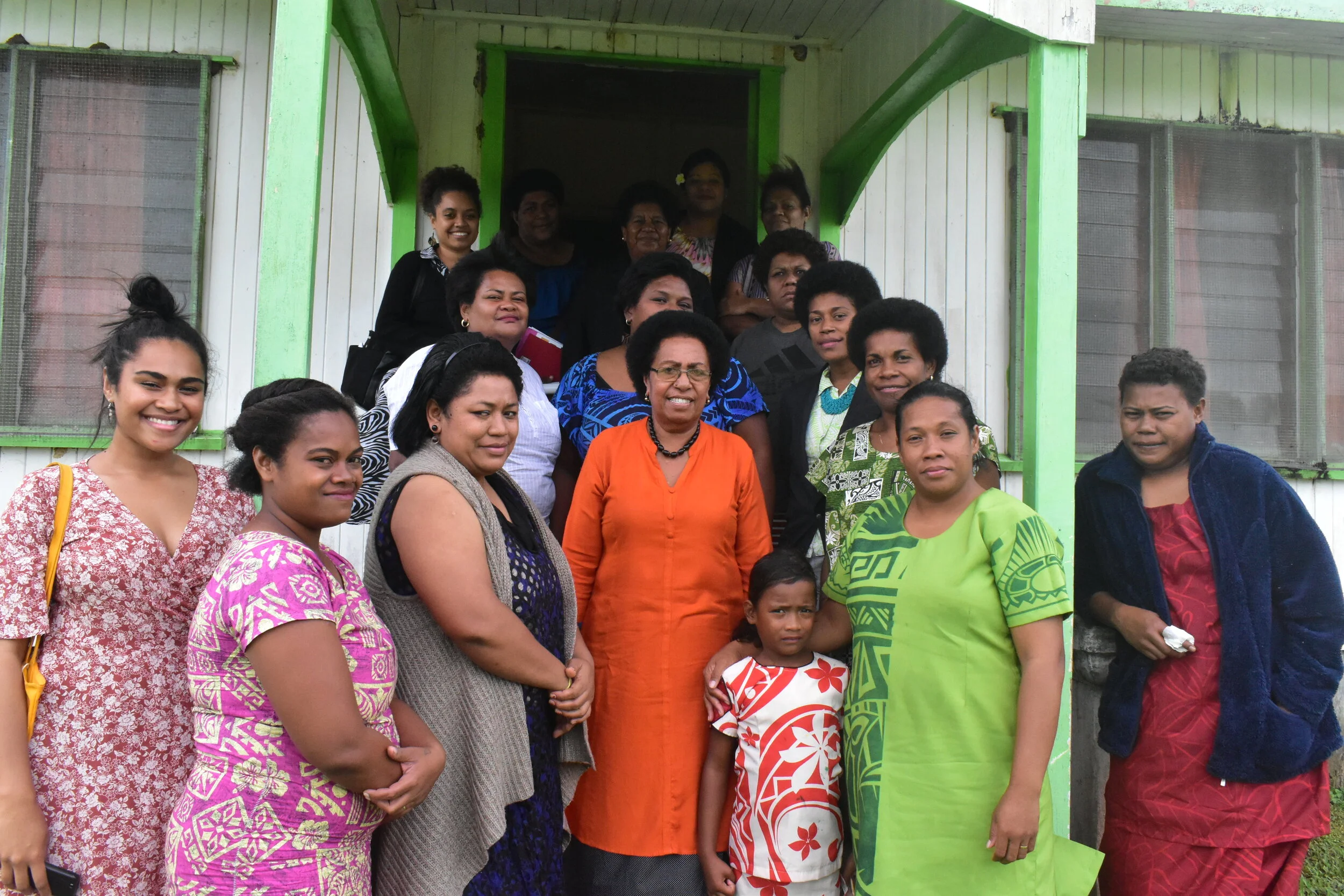During the June district convenings, the Rural Women Leaders Community Media Network (RWLCMN) shared their priority concerns on the impact COVID-19 has had on their communities.
Key issues to come out of the Bua convening include the strain on existing healthcare in the communities due to the lack of access to clean water.
Adi Ana Ramatai of the Soqosoqo Vakamarama, Bua told FemTALK 89FM that little awareness had come from the Ministry of Health (MOH) directly into the communities about COVID-19.
She says their understanding of the virus came from what they learnt on TV and through the media.
“I was afraid; I panicked because I know the number of children who will be coming home to grandmother and there was no awareness at all about this COVID-19.”
Litiana Rokodege of the Nabouwalu Youth Group said that even during the lockdown periods, communities faced intermittent water supply, exacerbating existing health issues such as leptospirosis, typhoid and dengue fever.
In April, Water Authority of Fiji advised Fijians through the media that “water supply systems are expected to encounter water treatment problems due to extremely high turbidity levels or blockages to raw water intakes, burst mains and electricity supply issues.”
Affected areas had included Nabouwalu and Savusavu.
Ramatai says that with MOH guidelines in place to combat the spread of COVID-19, little had been done to ensure the communities had access to proper water services.
“We have been raising that during [village] meetings and they have been making false promises about this. Now it’s 2020 and we have COVID-19 and nothing has been done,” she said.
“How can you tell the communities to wash their hands with water when we don’t have clean water?” Ramatai asked.
Rokodege is urging Water Authority to provide more tanks for rural communities as well as providing clean water sources for villages in Bua/Nabouwalu.
These includes providing tanks at the Nabouwalu market, where market vendors in the network have shared their health concerns about hygiene in the market.
“I am a market vendor and those risks are we had no supply of masks, no hand sanitizers, no gloves,” said Fulori Tagivetaua of the Waimakala Women’s Club in Nabouwalu.
“We also can’t [do] social distancing as our markets are overcrowded.”
Tagivetaua also shared what it was like for market vendors during the restrictions on inter-island travels:
“We lost our daily customers and our daily customers are the ferry travellers. As the port was closed...we didn’t have our weekly income or our daily income so now we are all in the villages,” she said.
She said that even as fuel prices decrease, transport fares had increased.
“I was the sole breadwinner for our family as I do business, I’m a market vendor. Prices are really increasing so the fare is also increasing so we can’t afford to export our cash crops so our vegetables and the root crops we have to take them to Labasa.”
With more families now turning to backyard gardening, Tagivetaua is urging authorities to provide more seedlings for entire communities to survive on and to assist with diverse farming initiatives.

